Optimal Timing for Woodpecker Removals
Understanding the optimal timing for woodpecker removals is essential for effective management. The activity levels of woodpeckers fluctuate throughout the year, influenced by breeding cycles and food availability. Typically, late winter to early spring and late summer to fall are considered prime periods for removals, aligning with periods of increased activity and territorial behavior.
Woodpeckers are most active during spring when they establish territories and breed, making this an ideal time for removal efforts.
In late summer and fall, woodpecker activity increases again, especially as they search for food before winter, providing opportunities for effective removal.
Timing removals outside of peak breeding seasons can reduce stress on the birds and improve success rates.
Dry, mild weather conditions facilitate safer and more efficient removal operations.
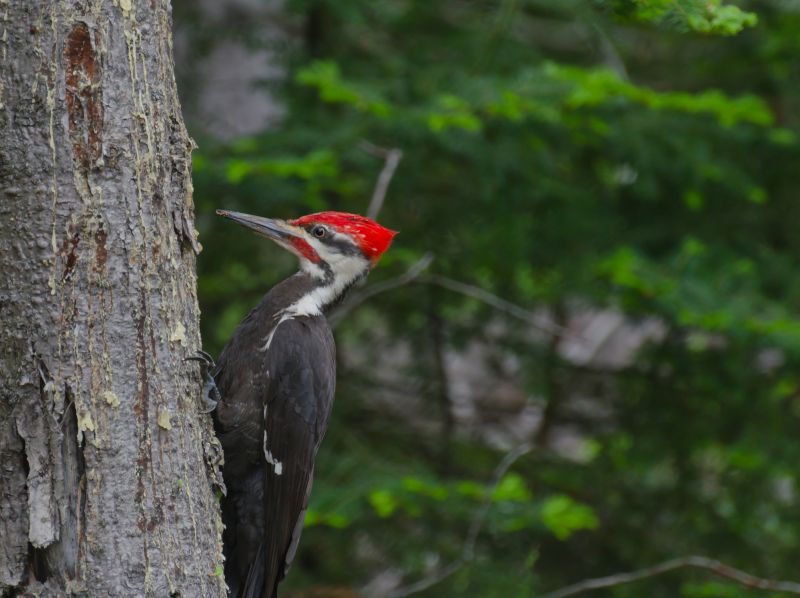
Ways to make Woodpecker Removals work in tight or awkward layouts.
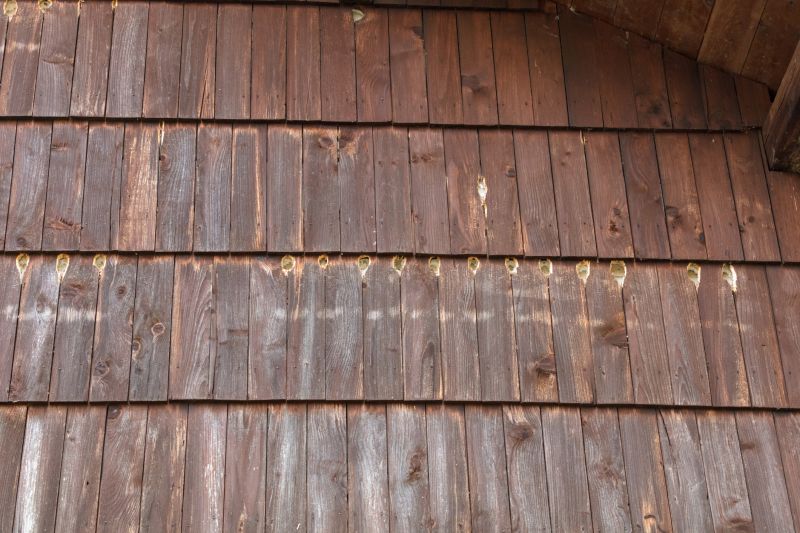
Popular materials for Woodpecker Removals and why they hold up over time.
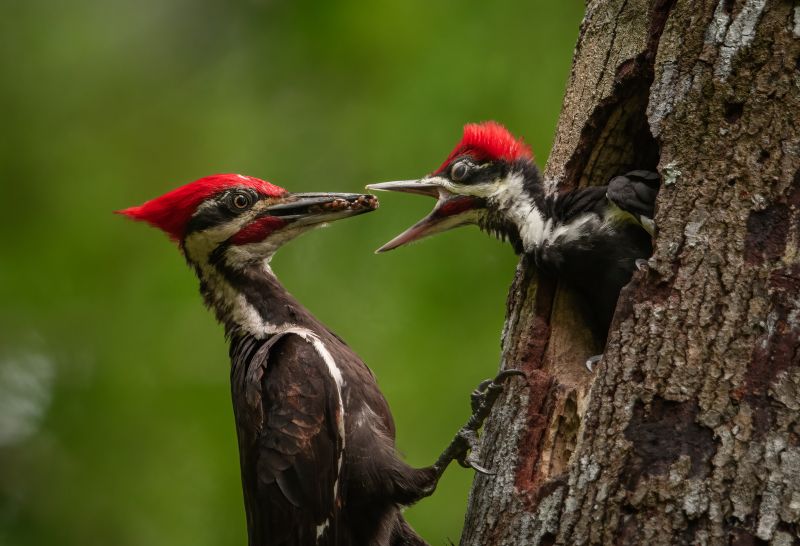
Simple add-ons that improve Woodpecker Removals without blowing the budget.

High-end options that actually feel worth it for Woodpecker Removals.
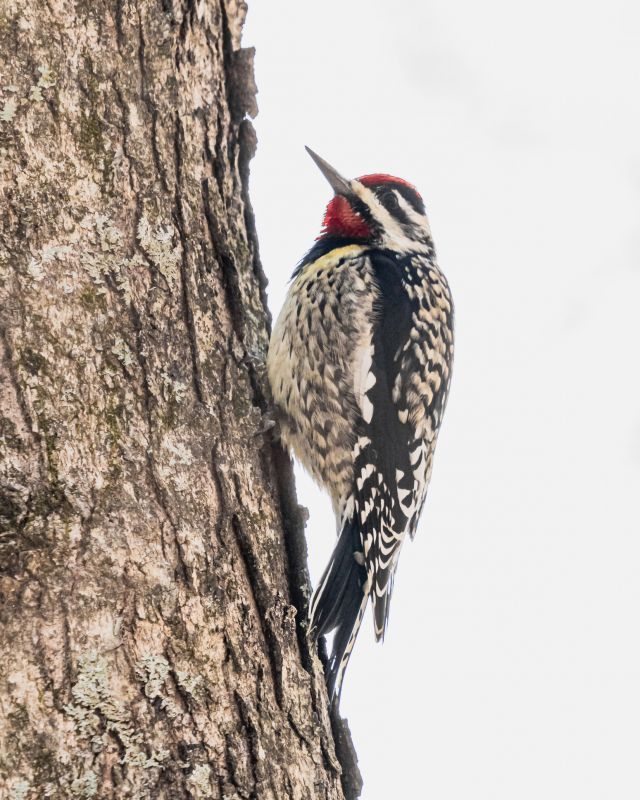
Finishes and colors that play nicely with Woodpecker Removals.
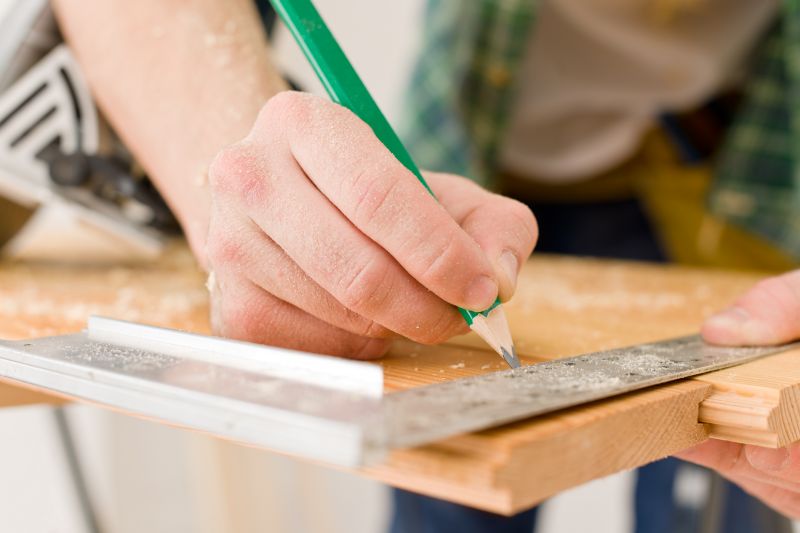
Little measurements that prevent headaches on Woodpecker Removals day.
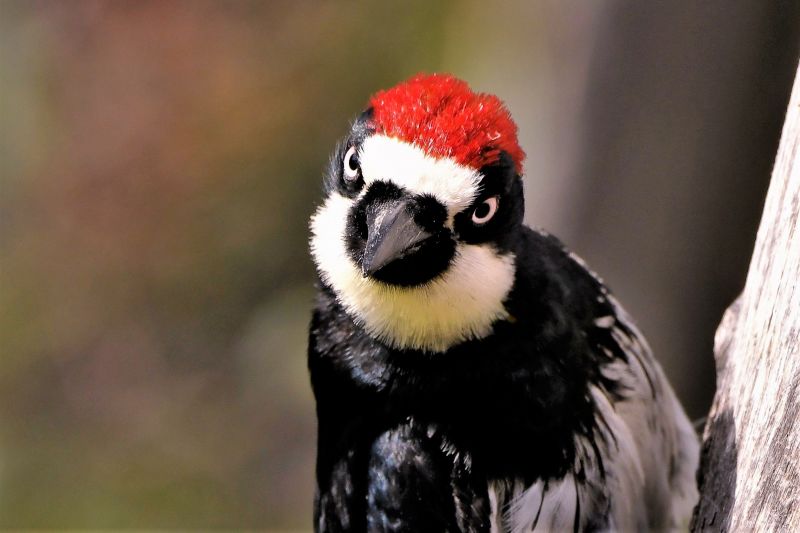
A 60-second routine that keeps Woodpecker Removals looking new.
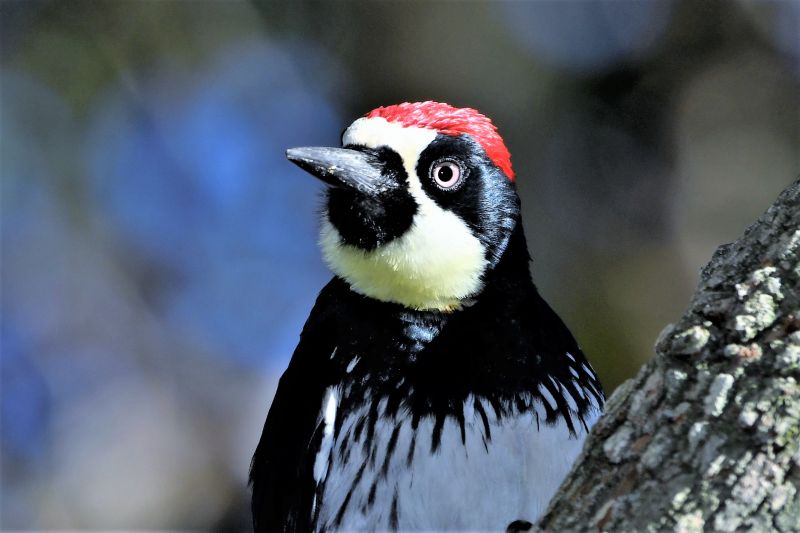
A frequent mistake in Woodpecker Removals and how to dodge it.
| Timing Factor | Details |
|---|---|
| Breeding Season | Spring months are optimal for removals due to increased activity. |
| Food Availability | Late summer and fall see heightened activity as birds search for food. |
| Weather Conditions | Mild, dry days provide safer conditions for operations. |
| Local Activity Patterns | Monitoring local woodpecker behavior helps identify peak times. |
| Avoiding Nesting Periods | Timing outside of nesting reduces disturbance and stress. |
Woodpecker removals are most effective when conducted during periods of heightened activity, typically in spring and late summer to fall. Proper timing minimizes disturbance to the birds and maximizes the success of removal efforts. Weather conditions and local activity patterns should also be considered to ensure safety and efficiency.
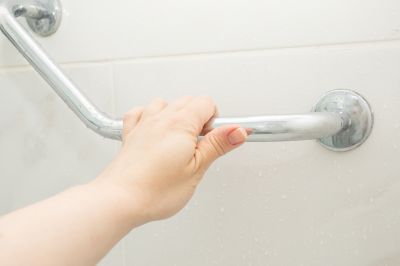
Small tweaks to make Woodpecker Removals safer and easier to use.
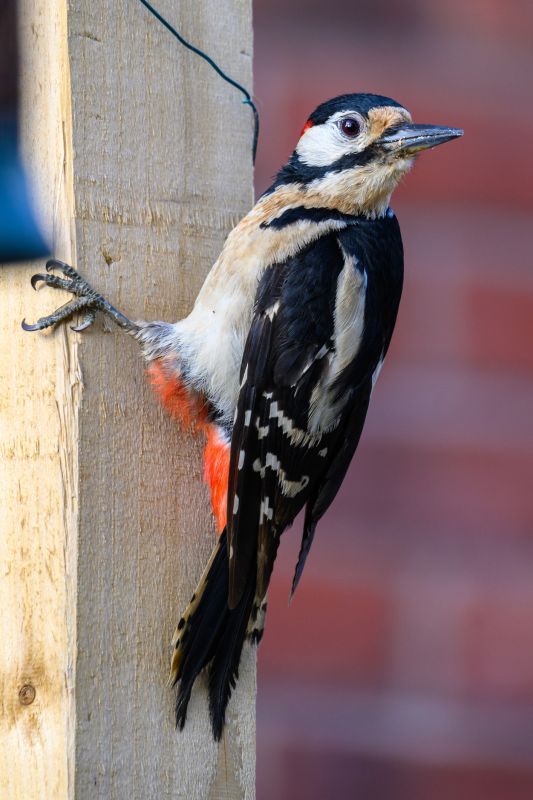
Lower-waste or water-saving choices for Woodpecker Removals.
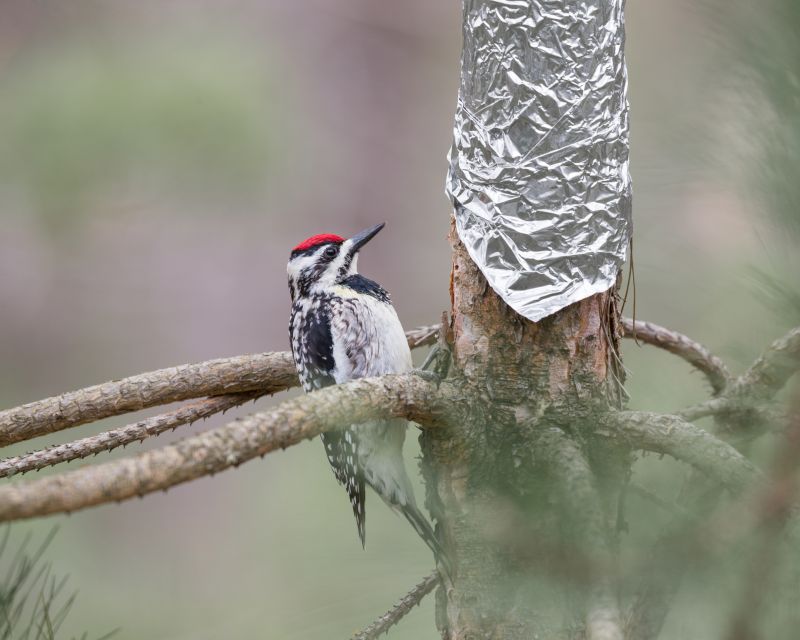
The short, realistic tool list for quality Woodpecker Removals.
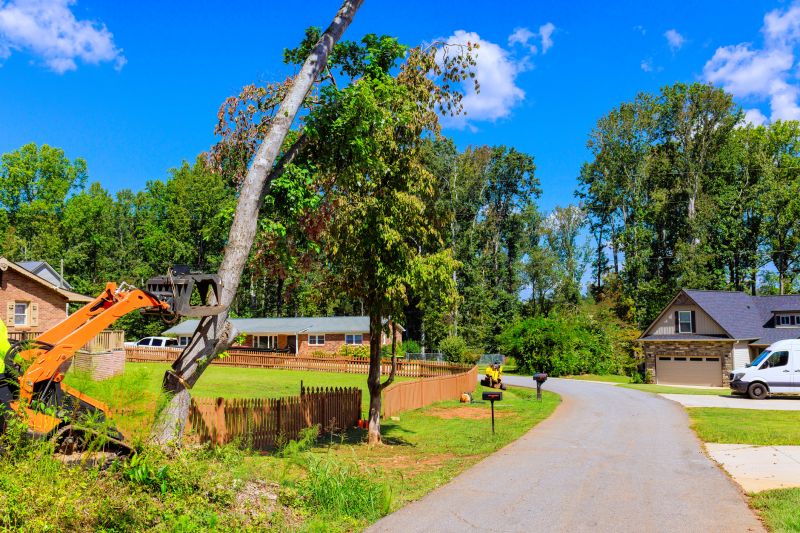
Rough timing from prep to clean-up for Woodpecker Removals.
Interested parties are encouraged to contact for more information on effective woodpecker removal timing and procedures. Proper timing and techniques can help mitigate damage and reduce woodpecker activity on properties.
